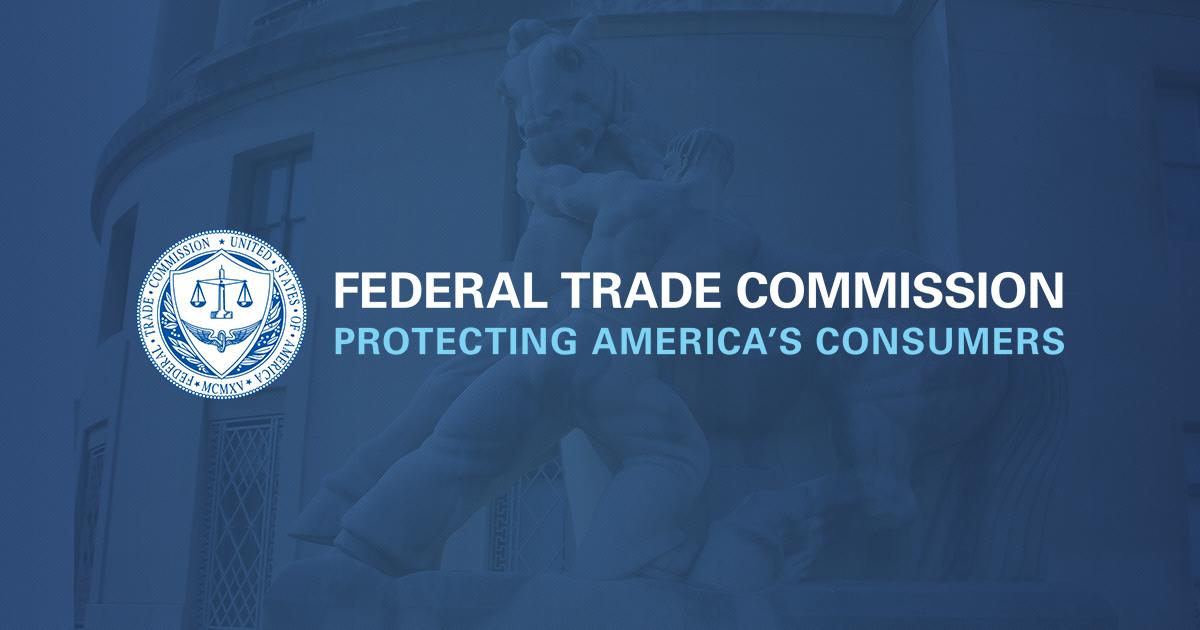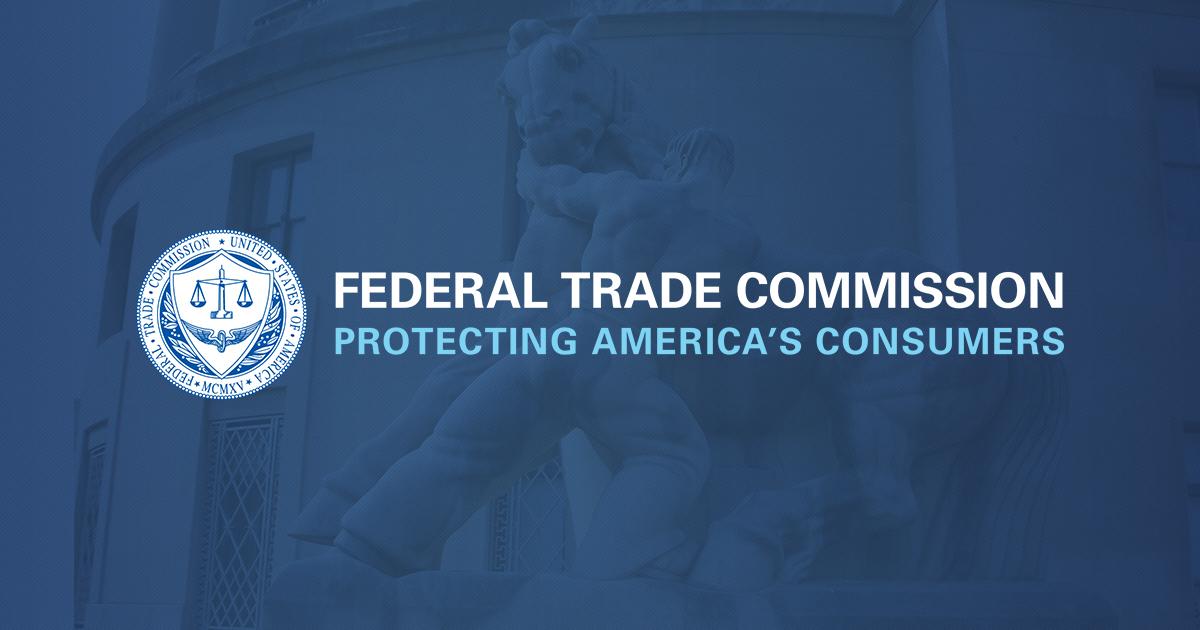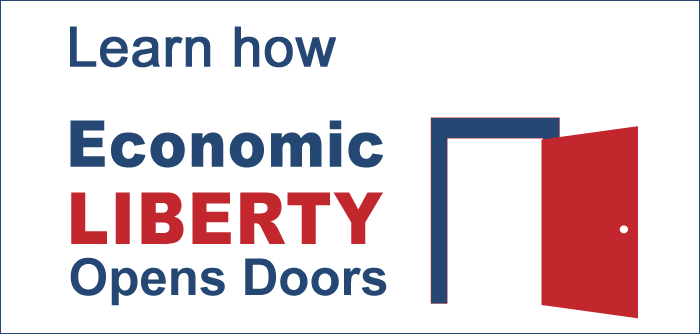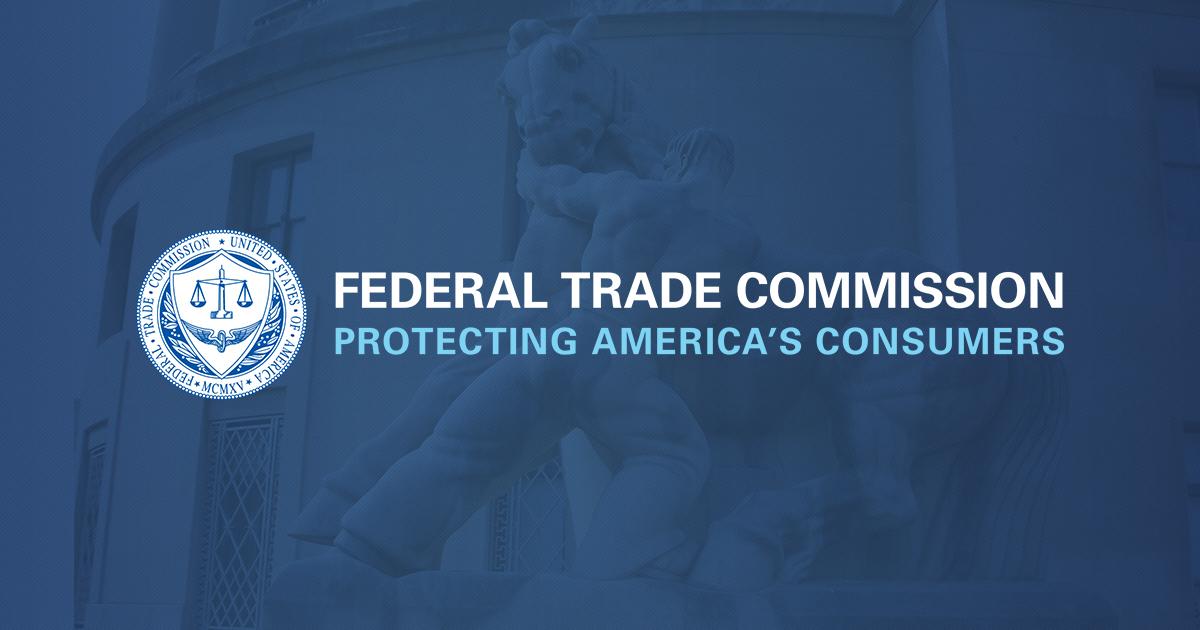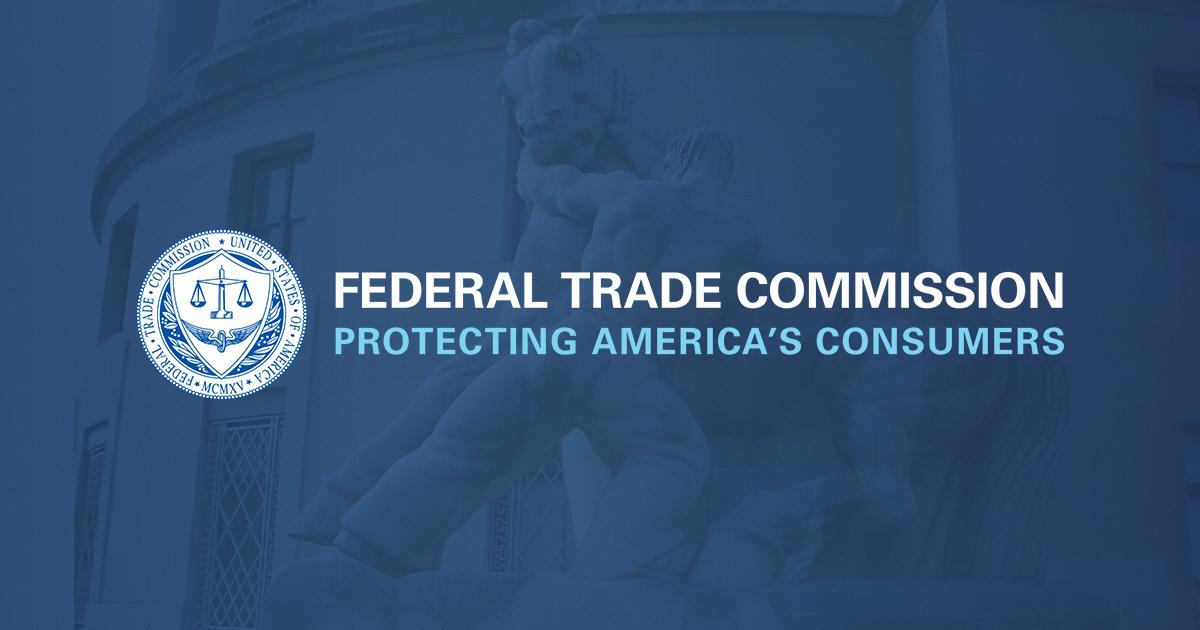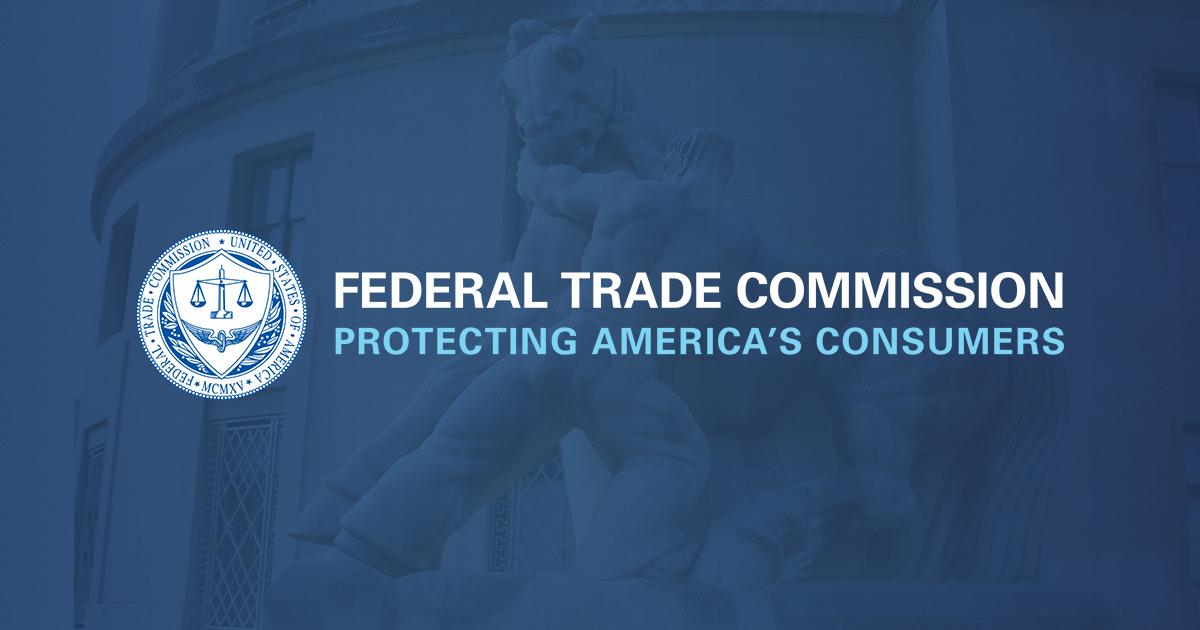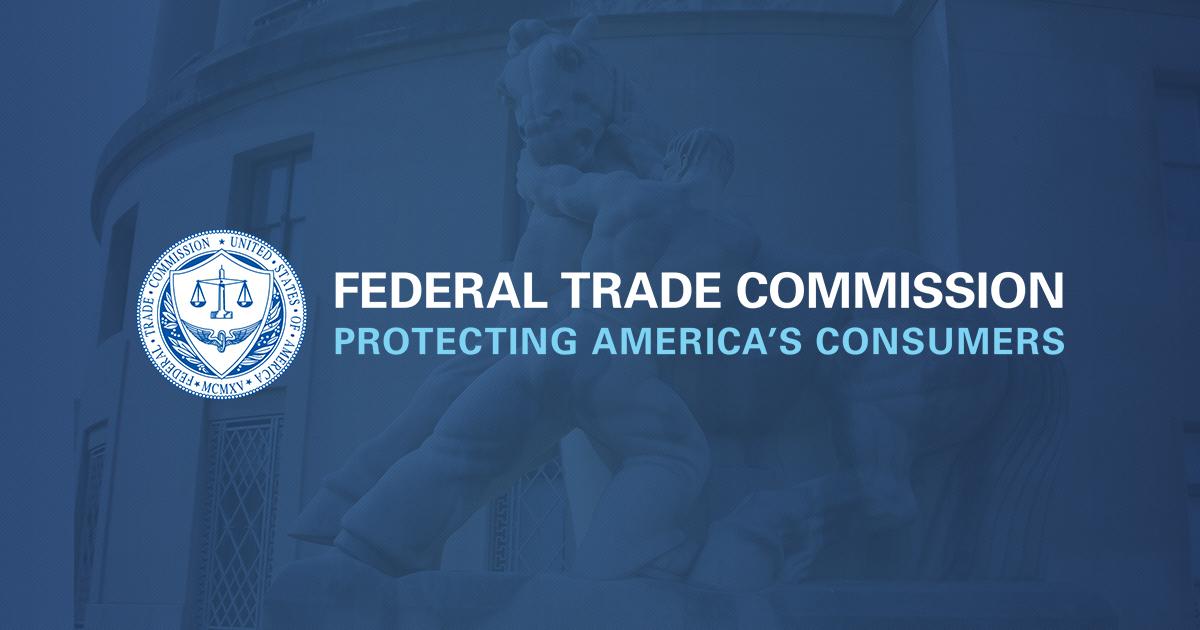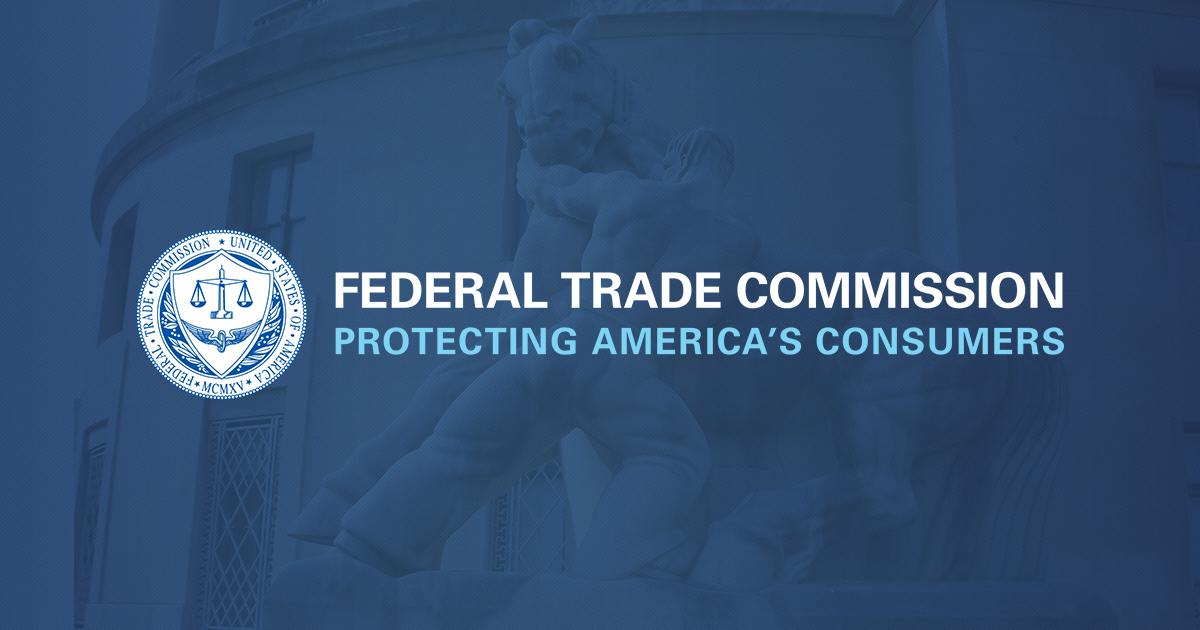The Federal Trade Commission has authorized legal action to block the merger of the two largest daily fantasy sports sites, DraftKings and FanDuel, alleging that the combined firm would control more than 90 percent of the U.S. market for paid daily fantasy sports contests. The FTC, jointly with the Offices of the Attorneys General in the State of California and the District of Columbia, will file a complaint in federal district court seeking a preliminary injunction to stop the deal and to maintain the status quo pending an administrative trial. The Commission also issued an administrative complaint alleging that the proposed merger violates Section 7 of the Clayton Act and Section 5 of the FTC Act. Public versions of both complaints will be available and linked to this news release as soon as possible.
According to the FTC’s complaint, DraftKings and FanDuel are each other’s most significant competitor. At present, the two companies battle head-to-head to offer the best prices and product quality, including the largest prize pools and greatest variety of contests. The proposed merger would create a single provider with by far the largest share of the market for paid daily fantasy sports contests in the United States.
“This merger would deprive customers of the substantial benefits of direct competition between DraftKings and FanDuel,” said Tad Lipsky, Acting Director of the FTC’s Bureau of Competition. “The FTC is committed to the preservation of competitive markets, which offer consumers the best opportunity to obtain innovative products and services at the most favorable prices and terms consistent with the provision of competitive returns to efficient producers.”
Founded in 2012 and headquartered in Boston, DraftKings is the country’s largest daily fantasy sports provider in terms of entry fees and revenues. It offers contests in football, baseball, basketball, hockey, golf, stock car racing, mixed martial arts, soccer, Canadian football, and eSports.
Founded in Scotland in 2009, FanDuel is the second-largest daily fantasy sports provider in the United States, and offers contests in football, baseball, basketball, hockey, soccer, and golf.
Customers who participate in paid daily fantasy sports contests generally pay an entry fee and select a lineup of professional athletes, typically limited by a salary cap. Each lineup earns fantasy points based on the real-life performance of the selected athletes using a predetermined scoring system. The users whose lineups generate the most fantasy points, based on their ranking and the rules of the contest, receive prizes directly from the daily fantasy sports provider.
According to the FTC’s complaint, consumers of paid daily fantasy sports are unlikely to view season-long fantasy sports contests as a meaningful substitute for paid daily fantasy sports, due to the length of season-long contests, the limitations on number of entrants and several other issues. The complaint also alleges that entry or expansion by other providers is not likely to provide timely or sufficient competition to offset the anticompetitive effects of the merger. The complaint also asserts that purported efficiencies would not offset the likely competitive harm.
The Commission votes to issue the administrative complaint and to authorize staff to seek a temporary restraining order and preliminary injunction in federal court were both 2-0. The federal district court complaint was filed on June 19, 2017 in the U.S. District Court for the District of Columbia. The administrative trial is scheduled to begin on November 21, 2017.
NOTE: The Commission files a complaint when it has “reason to believe” that the law has been or is being violated and it appears to the Commission that a proceeding is in the public interest. These filings do not constitute a finding that any violation of law has occurred. The request for preliminary relief will be assessed in federal court, while the merits of the complaint will be assessed in an administrative trial subject to review by the FTC and ultimately by federal appellate courts.
The Federal Trade Commission works to promote competition, and protect and educate consumers. You can learn more about how competition benefits consumers or file an antitrust complaint. Like the FTC on Facebook, follow us on Twitter, read our blogs and subscribe to press releases for the latest FTC news and resources.

